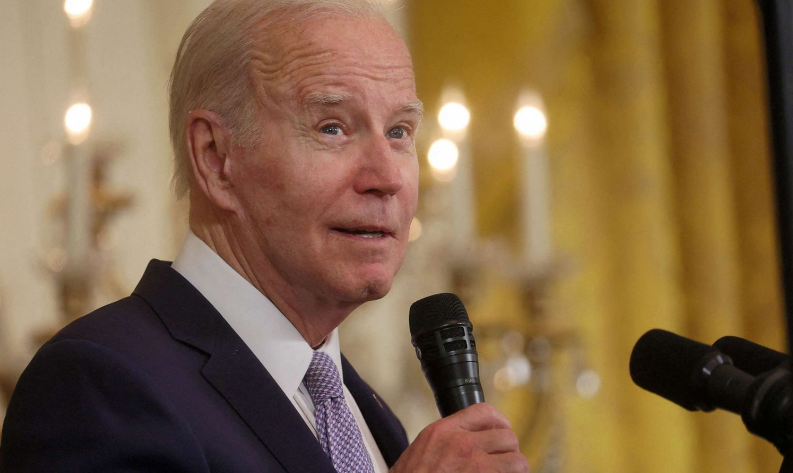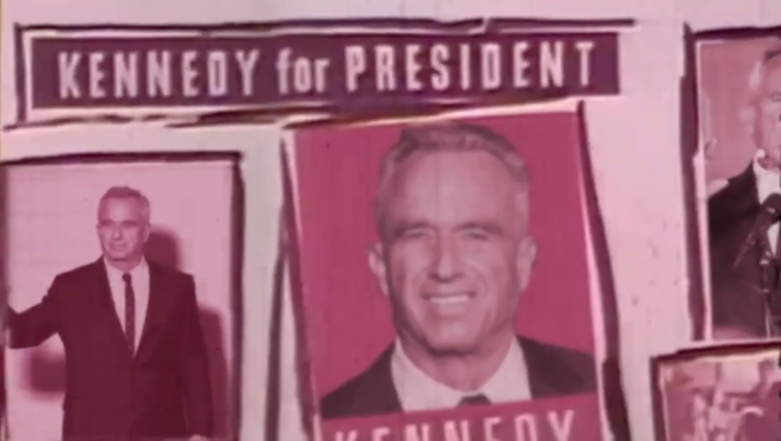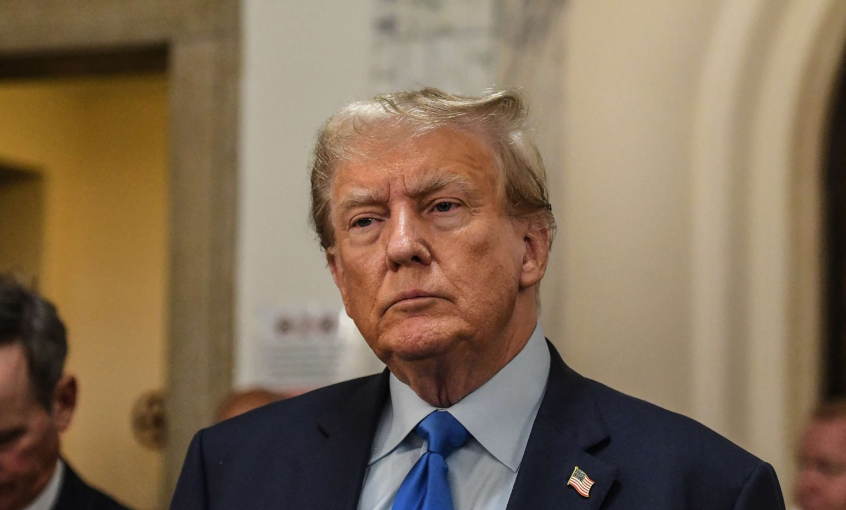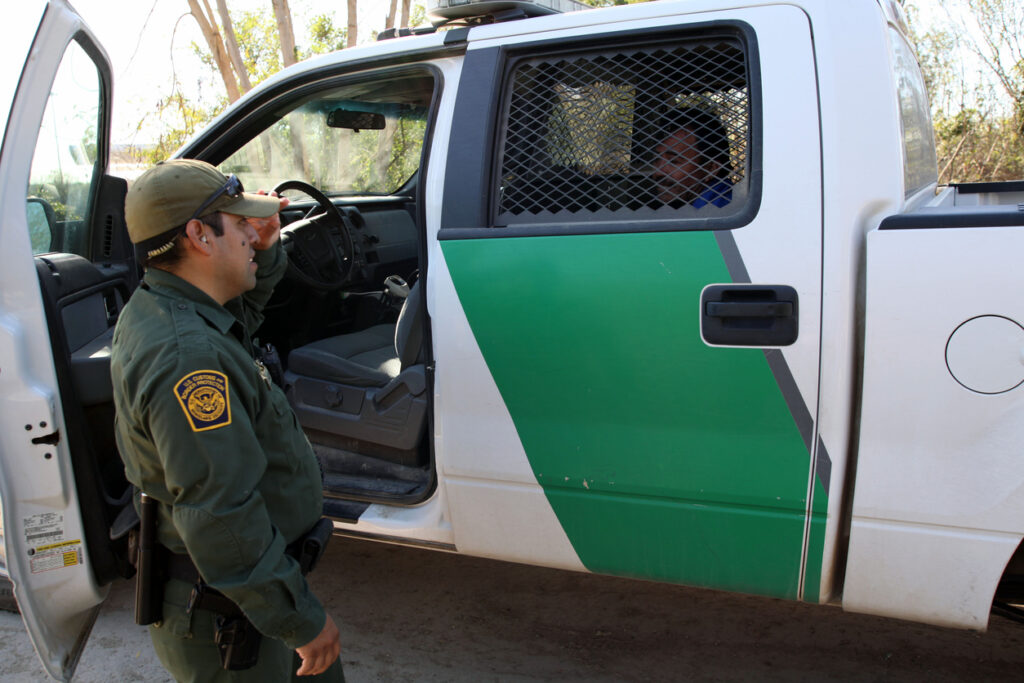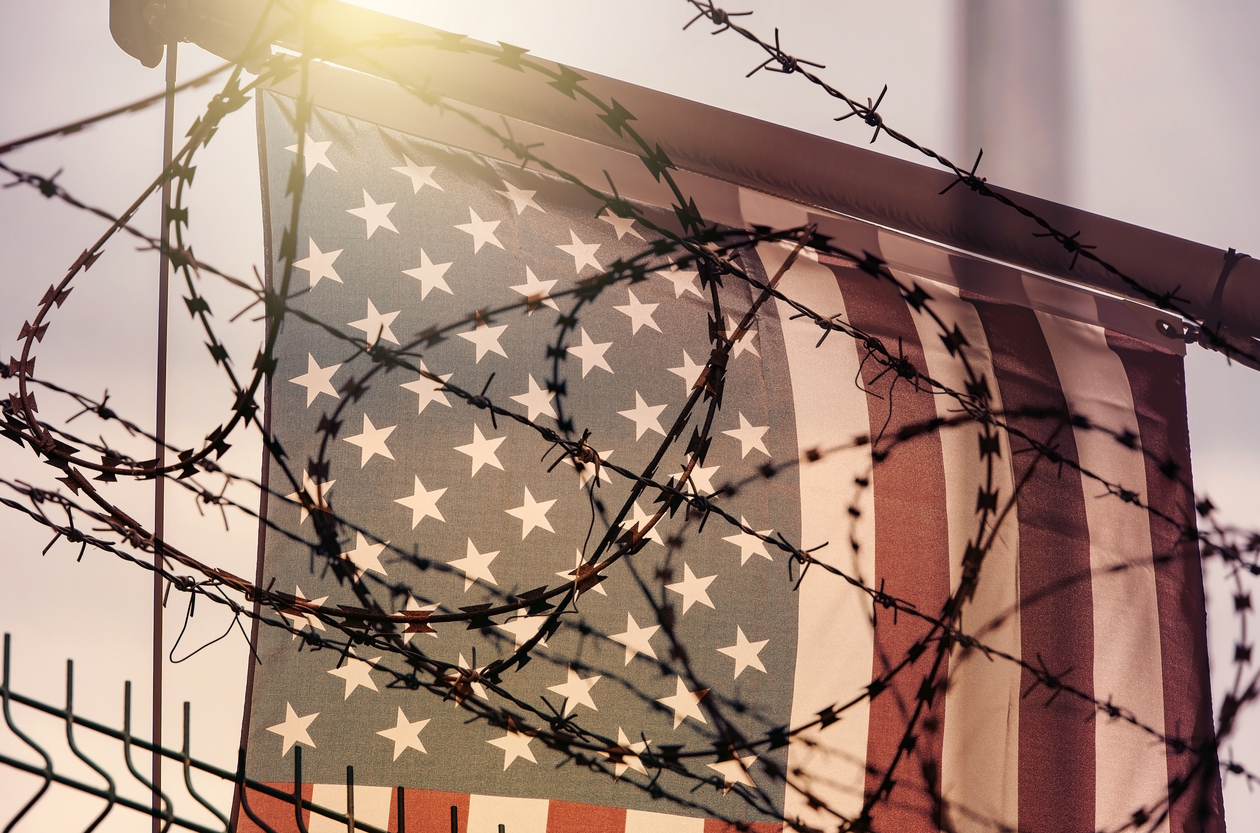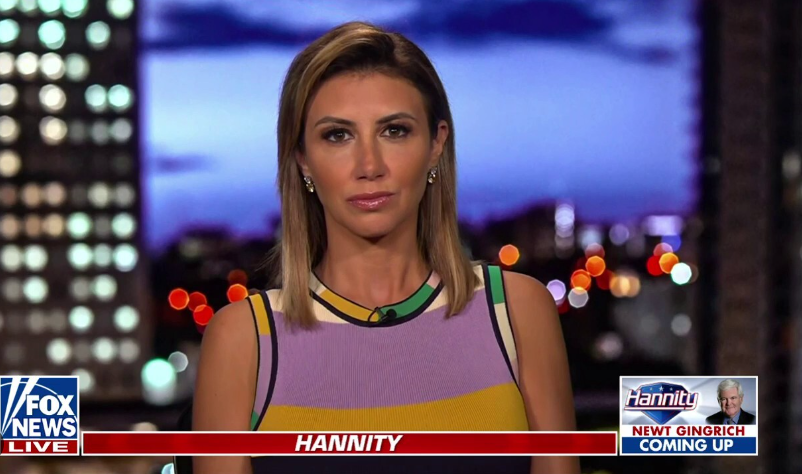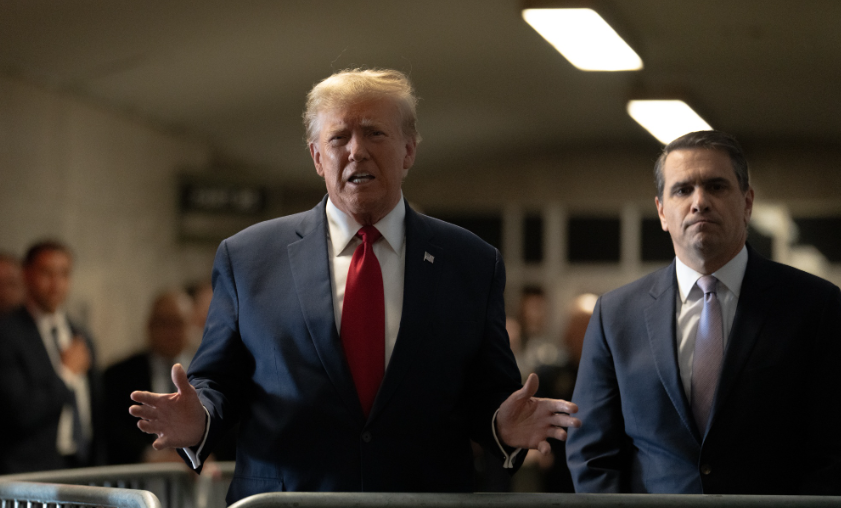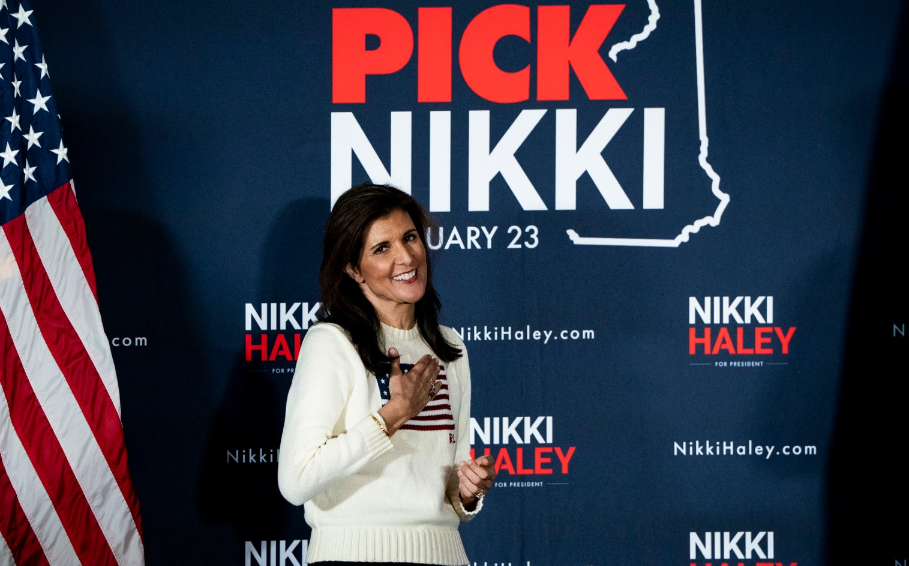In the aftermath of an anti-Israel protest at Cooper Union that reportedly left Jewish students feeling threatened, over 300 alumni of the institution are making their displeasure known. These graduates are prepared to halt their financial contributions to the university, citing what they perceive as a lackluster response from the administration to the incident.
The protest, which began peacefully outside the campus library, escalated as demonstrators entered the building, prompting security to secure the library doors. This action, according to a letter from the alumni dated November 2, was a clear indication that the situation was not as benign as it may have seemed.
The alumni’s letter pulls no punches, accusing the institution of prioritizing its public image over the safety of its students. It describes a scene where Jewish students felt cornered and fearful as the protest outside escalated, with demonstrators banging on the doors and shouting anti-Israel chants.
These actions, the letter argues, were met with an insufficient response from the university. It further criticizes Cooper Union’s president for a statement that acknowledged antisemitism but, in the eyes of the signatories, failed to adequately condemn the specific actions of the protesters.
The alumni are calling for a strong and unequivocal condemnation of the October 25 protest, a candid acknowledgment of the university’s response missteps, and an in-depth investigation into antisemitism at Cooper Union.
In a resolute tone, the letter warns that the alumni’s future support—both financial and in encouraging new applications—hinges on the institution’s response. They remind the university of the historical consequences of silence in the face of injustices against the Jewish community, urging Cooper Union to take a stand.
Cooper Union officials, for their part, have contested the allegations in the letter, maintaining that the library was never locked and that the protest did not pose a direct threat to student safety. The university also emphasized its commitment to the right to peaceful protest while acknowledging that the event disrupted the learning environment.
Amidst conflicting accounts of the protest’s duration and intensity, representatives for some of the Jewish students involved have expressed their dissatisfaction with the university’s leadership, going as far as to demand the president’s firing during a recent press conference.
This situation has illuminated a delicate balancing act for universities: upholding the right to peaceful protest while ensuring the safety and well-being of all students. The Cooper Union now faces the complex task of navigating these waters, under the watchful eyes of its alumni and broader community.
